There seem to be two key elements of anxiety - one about health and the other about finances, both at the personal level and indeed the macroeconomic level.
As the video illustrated highlights our modern sophisticated methods of payment, it also reminds us that it all started out with barter. Looking at one of the characters in this video animation of a boy exchanging cards brings back memories of me trading football cards during a World Cup.
| | Why all this talk of barter in the context of COVID-19? I may be right or I may be wrong but I will say here that I predict that at some point in the coming weeks and months (and possibly in the long-term aftermath of COVID-19) notwithstanding governmental support, that, to some degree economically, we will revert back to basics and the practice known as bartering will re-present itself. |
One of the absolute basics of survival is food. Taking this as an example, possibly on account of people stockpiling food, I can foresee that other people who are experiencing difficulty in accessing food from food banks may revert to the barter system: What can I offer the marketplace in terms of my knowledge, skills and experience? For example, decorate a room in exchange for a week's food; the application of one's transferable skills in the marketplace.
| Subscribe to feed: Underpinning the bartering process is knowledge of what you have to offer and what you know the other person has to offer, so that you can negotiate a mutually-agreed exchange. Essentially, it is market knowledge in its basic form. Historically - and now, information and knowledge is the lifeblood. |
It all started out with barter. Perhaps we will end up reinventing the wheel, to some degree at least.
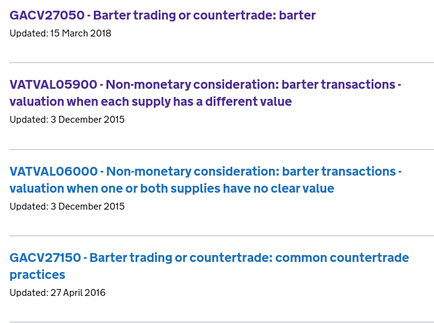


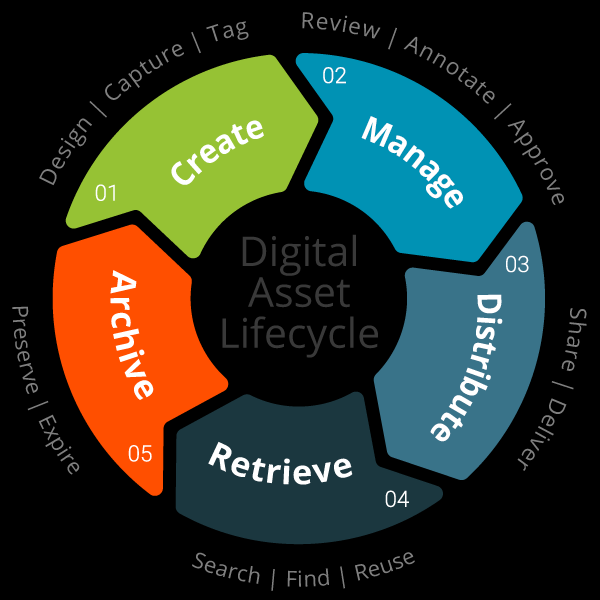

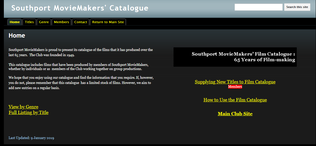

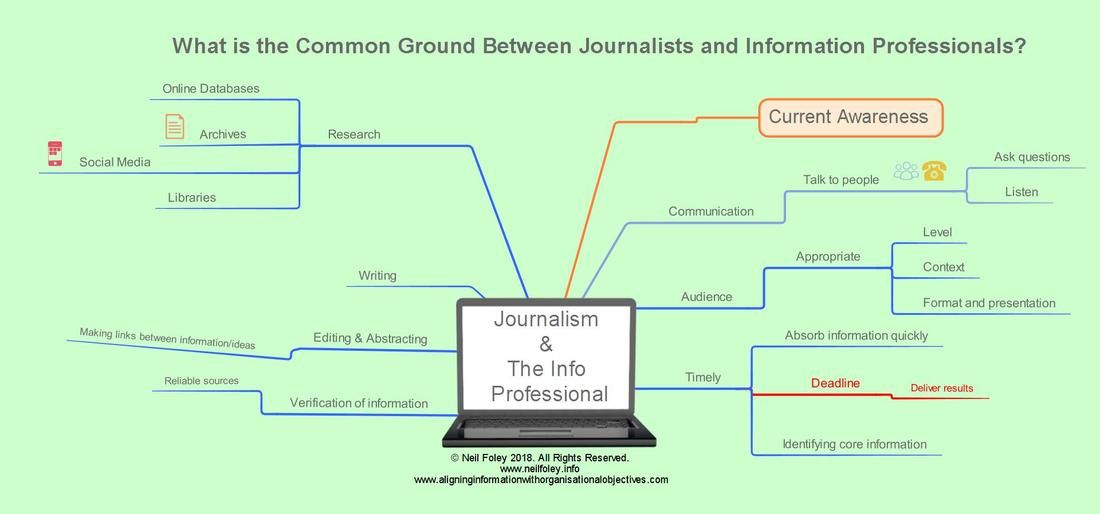

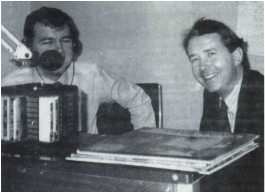
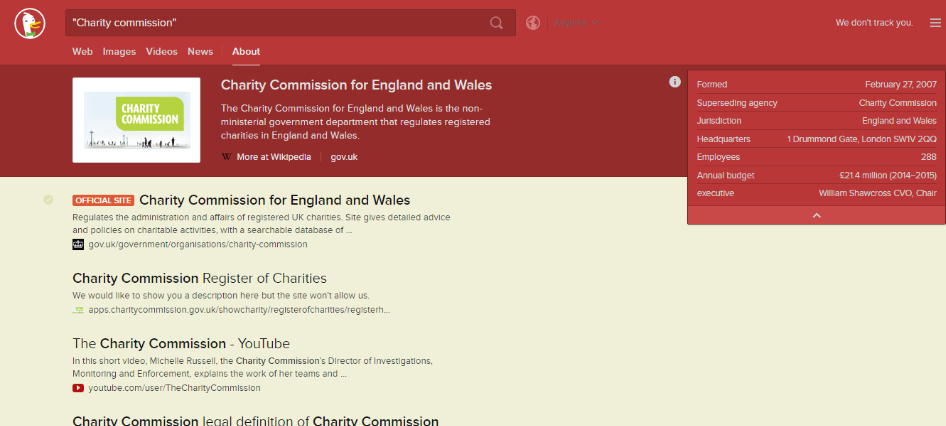
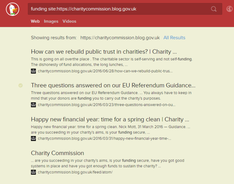
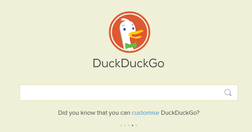
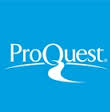



 RSS Feed
RSS Feed


